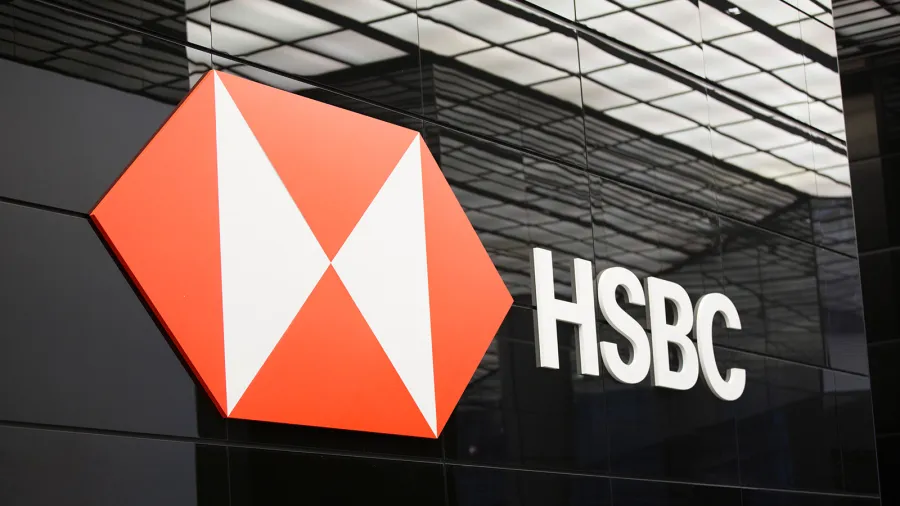
Capitalisation pressures from Hang Seng Bank delisting ‘manageable’ for HSBC
HSBC is offering a 33% premium over the 30-day average closing price of its shares.
HSBC should be able to manage capitalization pressure arising from the proposed privatization of Hang Seng Bank, according to S&P Global Ratings.
“We also expect capitalization pressure on HBAP and its parent, HSBC Holdings, stemming from the buyback offer for all outstanding Hang Seng Bank shares, will be manageable,” the ratings agency said in a commentary on 9 October 2025.
HSBC had announced a proposal to privatize Hang Seng Bank with an offer price that represents a 33% premium over its 30-day average closing price in the Hong Kong Stock Exchange. HSBC will acquire the remaining 37% and delist Hang Seng Bank from the exchange.
The proposed transaction reflects HSBC’s long-term commitment in the Hong Kong market, according to S&P, which expects that the ties between Hang Seng Bank and HSBC will be further strengthened by the privatisation.
“Within the HSBC group, Hang Seng Bank is a major local bank in Hong Kong, with a particularly strong franchise in the retail and small and midsize enterprise segment,” it said.
The proposed privatization is also expected to enhance governance alignment, enabling closer business and operational collaborations.
“We also expect Hang Seng Bank to benefit from greater access to shared resources, leading to cost efficiencies and closer alignment with groupwide strategic initiatives,” S&P added.
HSBC’s capitalisation will likely face some pressure given the premium offered in the share buyback and the removal of minority interests from its capital base. However, S&P still expects HSBC’s overall capitalization to remain strong.
Pressure will likely be partly alleviated by HSBC’s controlled loan growth, a reduction in high-risk commercial property exposure, and steady internal capital generation, it added.
“From a wider HSBC group perspective, Hong Kong has long been HSBC Holdings’ most profitable home market. We view the proposed transaction as a strategic redeployment of the substantial excess capital it is generating,” it said.

















 Advertise
Advertise











